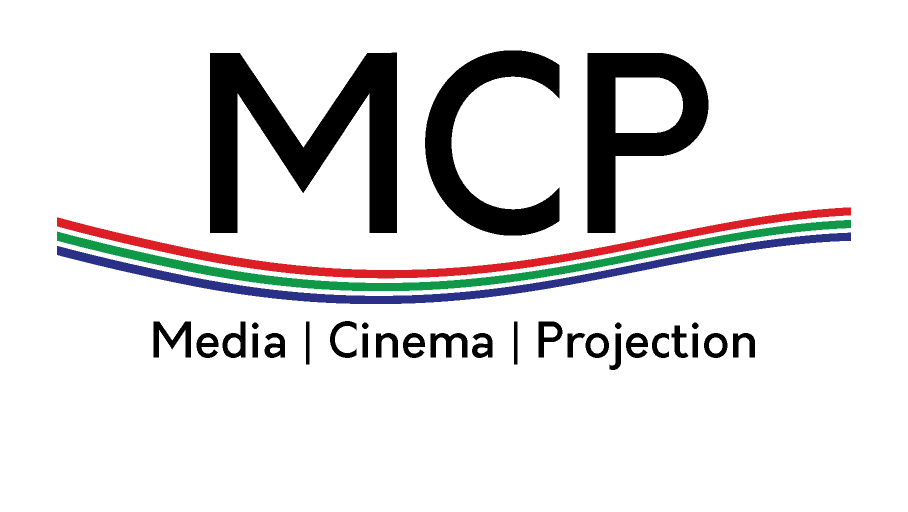The spectacle of modern cinema brings characters to life, but the storytelling power of books is unparalleled
Books have been responsible for some of the greatest films ever produced
Professional storyteller Rutger Bruining reveals his picks for the greatest ever films that were based on the creative genius of books
Hi Peter, I hope this is of interest!
The film industry is incomprehensibly vast, with billions of pounds made every year from the most commercially successful films which are shown around the world and captivate audiences from all corners of the globe. However, whilst the spectacle that is cinema may help to bring a story to life, there is no better medium for storytelling than good old-fashioned novels and books.
With the rise of technology, streaming services and the huge budgets of film and tv studios in today’s world, there has been worry that the business of traditional books would suffer. This could not be further from the truth, as there are millions of novels and personal biographies of every genre selling at a monumental rate each year. This may explain why some of the world’s best-known, critically-acclaimed and well-loved films were in fact based on novels that came before them.
As a professional storyteller and CEO of biography-writing service StoryTerrace, Rutger Bruining has had the pleasure of documenting some of the most incredible stories from hundreds of people across the UK and US. Now, Rutger reveals what he believes are some of the best films that have been based on books, and in doing so hopes to showcase the storytelling power and unparalleled creative magic of books and novels.
The Godfather (1972)
The Godfather is perhaps the most widely referenced film in modern-day cinema. Drawing widespread praise from critics and audiences alike, it has achieved legendary status in our culture, but Francis Ford Coppola’s masterful direction of the dark inner workings of New York crime family was in fact based on a 1969 crime novel by Mario Puzo. A tale of family drama, complicated relationships and imperfect people carrying the weight of an empire on their shoulders, it has captivated millions and continues to do so til this day.
The Shawshank Redemption (1994)
The Shawshank Redemption was based on abook written by Stephen King in 1992, and is one of the most well-known and celebrated tales of a man’s descent, and ultimate escape, from a cruel fate in prison. Morgan Freeman’s narration throughout adds an extra dimension to the storytelling and truly captivated audiences as they saw the plot unfold through the character’s eyes.
The Wizard of Oz (1939)
The Wizard of Oz is arguably one of the most successful adaptations of a book to date.Frank Baum’s book written in 1900, The Wonderful Wizard of Oz, formed the basis for one of the world’s most well-loved and referenced films (and musicals). The film in particular was one of the first to use Technicolor, changing from black-and-white to full color as Dorothy finds herself in Oz, which amazed audiences worldwide.
Jurassic Park (1993)
Michael Crichton’s sci-fi novel, released in 1990, was relatively successful, but the film by Steven Spielberg far surpassed this success, becoming what was the biggest film ever at the time of its release. Known for its incredible score, great effects and quotable lines, the film gave rise to an extensive and commercially successful franchise.
The Lord of the Rings: The Fellowship of the Ring (2001)
The Lord of the Rings books and subsequent films constitute one of the most well-respected and critically acclaimed trilogies in existence. J.R.R. Tolkien’s novel of the same name has unquestionably become an icon of the fantasy genre, and inspired a film which is often lauded as one of the boldest and most well-crafted fantasy films in modern cinematic history.
The Color Purple (1985)
Spawning both a film, musical and earning a Pulitzer prize, Alice Walker’s novel of the same name follows the painful and chaotic life of Celie. Contending with a whole host of family drama, Celie writes letters detailing her separation from her sister and her interactions with her husband’s mistress. The fraught family ties and complex emotional exchanges set against the backdrop of rural Georgia remains one of the best adaptations in film and launched the career of Whoopi Goldberg.
Harry Potter and the Prisoner of Azkaban (2004)
Each of the Harry Potter films are of course taken straight from J.K. Rowling’s world-renowned series, but the Prisoner of Azkaban stands out. The film adaptations of Rowling’s work exposed her incredible storytelling to an even greater audience and spawned one of the biggest franchises ever (including multiple theme parks), appealing to people of all backgrounds and generations.
Gone Girl (2014)
Based on a 2012 novel by Gillian Flynn, the suspenseful, psychological thriller delighted and chilled audiences in equal measure. With the screenplay written by Gillian Flynn herself, this adaptation came about in little more than two years after the book’s release. The film was called “a perfect adaption” by The Economist, no doubt aided by the involvement of the Author in the film from the very beginning.
Atonement (2007)
The film Atonement is based on a book of the same name, penned by Ian McEwan, who based his own novel on yet another book by the name of “What Maisie Knew” by Henry James. The film won an Oscar for its score and was nominated for six others including Best Adapted Screenplay – perhaps no surprise given that the novel itself was nominated for the Booker prize. Recognition from the two most prominent awards in their respective sectors shows the power that this story has across both forma
